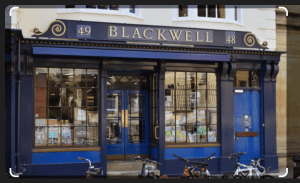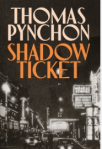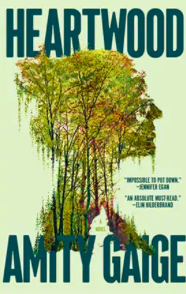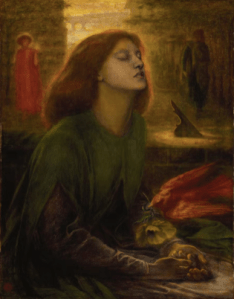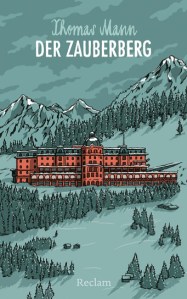
I had a couple of underwhelming reading years in the past but 2024 was excellent. I can’t remember why I never posted my best of that year but, sadly, I didn’t. This year wasn’t as excellent as 2024, but it was still a very good year.
In 2025 I did something I haven’t done for a very long time which is reading several books by the same author. I’m usually not only not a rereader but also known for rarely reading the same author more than once in any given year. This year there were three authors of which I read several books, and I loved them all. I will get to these shortly but before I post them, let me mention my three standout reads for this year.

My favourite novel of the year is hands down Thomas Mann’s Magic Mountain/Zauberberg. I dedicated a whole week of this year’s German Literature Month to it.
You can find my posts here:

My favourite nonfiction book was Courtney Gustafson’s Poets Square. It tells the story of how Courtney began to take care of stray and feral cats and finally made rescuing and caring for strays her profession. She has a wonderful Instagram account in which we are introduced to most of the cats in this book and to many more. While it is mostly a book about caring for stray cats, catching them, having them neutered, homed or released into the wild again, Courtney writes about so much more. Grief and anticipatory grief are as much topics of this book as mental health. I highly recommend this to cat and animal lovers and to people who have mental health problems. It has sad moments but is ultimately very uplifting.
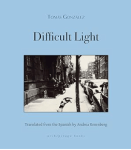
My third favourite book this year was Difficult Light, a novella from Colombian writer Tomás González. A very poetic book about loss and grief.


One author I read for the first time in 2024 is Alan Hollinghurst. If I had written a best of, The Line of Beauty would have been on it. I think it was my favourite book of the year. This year I read The Sparsholt Affair and his latest Our Evenings both of which are making this year’s best of. At first, I didn’t really like The Sparsholt Affair because the book cover made me believe it was a story set entirely during WWII but only the first chapter is set at the beginning of the war, in Oxford.



This year I discovered German author Kristine Bilkau and read three of her novels one after the other. All three deserve a spot on the best of list. Unfortunately, her novels haven’t been translated into English yet. She reminds me a bit of Sarah Moss who is also excellent at describing the way we live now. I found her characters, their fears and joys extremely relatable.

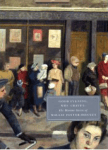

There were three older English books that I enjoyed a great deal.
The first is the shorty story collection Good Evening, Mrs Craven by Molly Panter-Downes. The second Barbara Noble’s The House Opposite. It is the best novel about the Blitz I’ve read so far. Here is Jacqui’s review. If I hadn’t read that I might not have picked it up. The third was Elizabeth Taylor’s Palladian. It’s very different from her other novels. Probably the one with the strongest Jane Austen influence. It’s not my favourite Elizabeth Taylor but still very good.
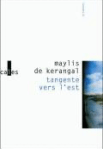
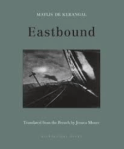
A book that made a huge impression was Maylis de Kerangal’s Passage vers l’Est or Eastbound. The book tells the story of a trip with the Trans-Siberian Railway. The way she describes these endless, huge landscapes of Russia is amazing. She wrote this before the war in the Ukraine started but it shows the problematic way in which Russia drafts soldiers and the cruelty and violence they are exposed to. Her writing is some of the best I read this year.


Another author I returned to this year and read several books of was Elizabeth Strout. I loved both Olive Kitteridge and Tell Me Everything.

